“We’re going to play something very simple,” she announces, before heading to the piano and picking out a melody: "Three Blind Mice". “You’ll hear all this in this next piece,” she continues, entirely deadpan, as the laughter dies down. A pause. “Plus some other notes.”
 It’s a typically idiosyncratic introduction from the woman still best known for 1971’s epic, and utterly unique, jazz opera, Escalator over the Hill, and whose most recent album is a collection of Christmas carols. Along the way, she’s worked with greats both inside the jazz scene (Tony Williams, Charlie Haden, Keith Jarrett) and outside (Robert Wyatt, David Byrne, Pink Floyd’s Nick Mason) – not to mention her two husbands, pianist Paul Bley and trumpeter Mike Mantler.
It’s a typically idiosyncratic introduction from the woman still best known for 1971’s epic, and utterly unique, jazz opera, Escalator over the Hill, and whose most recent album is a collection of Christmas carols. Along the way, she’s worked with greats both inside the jazz scene (Tony Williams, Charlie Haden, Keith Jarrett) and outside (Robert Wyatt, David Byrne, Pink Floyd’s Nick Mason) – not to mention her two husbands, pianist Paul Bley and trumpeter Mike Mantler.
She’s in London, however, with her current partner, Steve Swallow – conjuring a warm, rounded tone from his semi-acoustic bass guitar, despite playing with a pick – as well as English saxophonist Andy Sheppard and drummer Billy Drummond. The last is the newcomer: Bley has played with Sheppard “as long as I can remember”, while it’s a full half-century since her first meeting with Swallow.
Bley would go on from that meeting to become associated with the Sixties free jazz scene, yet by her own admission her strength is as a composer rather than a player and these days her music is far more tightly controlled. All four musicians at the Queen Elizabeth Hall stare throughout at music stands, regularly propping up five, taped-together sheets of manuscript at a time. Even these mammoth pieces are often further extended via piano segues.
It’s not always an easy ride, the music touched by the Western classical tradition as well as by jazz. Yet, delivered by a group so clearly comfortable in one another’s presence, it offers moments of genuine, understated beauty. Even with such a limited arsenal, Bley’s harmonic shading is up there with such great arrangers as Sammy Nestico or Gil Evans.
That said, not many would choose to hear Gil Evans performing Thelonious Monk, and Bley’s version of "Misterioso" fails to play to her strengths. Likewise "O Holy Night": lacking the brass quintet of the carols record from which it is taken and indeed even Sheppard and Drummond, who leave the stage for this piece alone, it cannot do justice to her genius for arrangement, a loss for which Swallow’s top-of-the-neck, bluesy solo can’t quite make up.
Any such qualms are forgotten, however, by the sublime final piece, a mammoth three-parter actually named "The Lost Chords" and which epitomises Bley’s prodigious talents. They say jazz is the sound of surprise, a maxim brazenly ignored by those who insist on indefinite soloing over dog-eared standards. Yet Bley’s repeated left turns offer exactly that, not in any superficial, post-modern sense, but simply as a thoroughly natural expression of a one-of-a-kind personality. A highly rewarding performance, then, from one of jazz’s true originals – even if we never did get to hear "Three Blind Mice".
The London Jazz Festival continues until 22 November. More information on Carla Bley here.

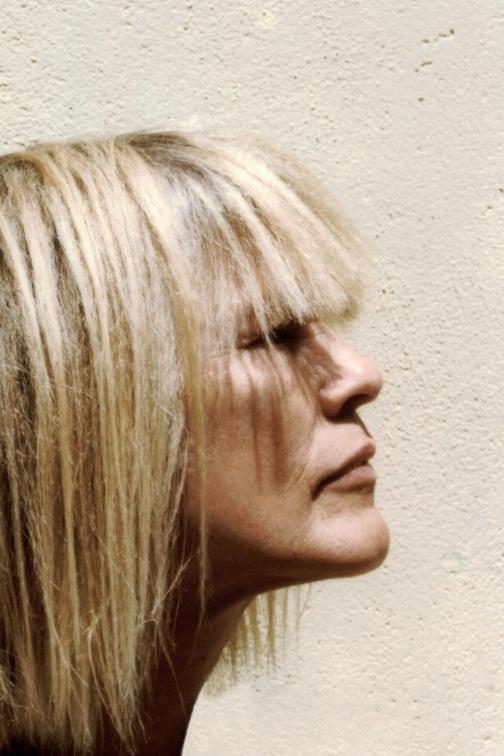
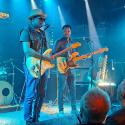


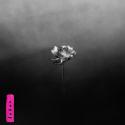
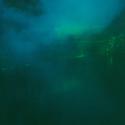
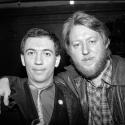
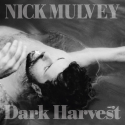
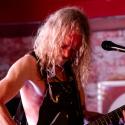
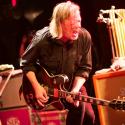
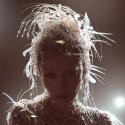
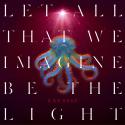
Add comment